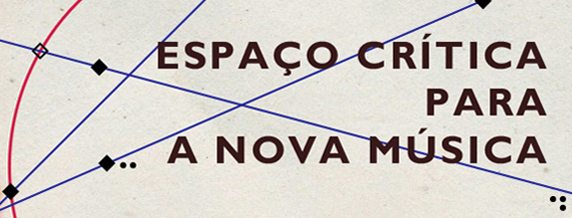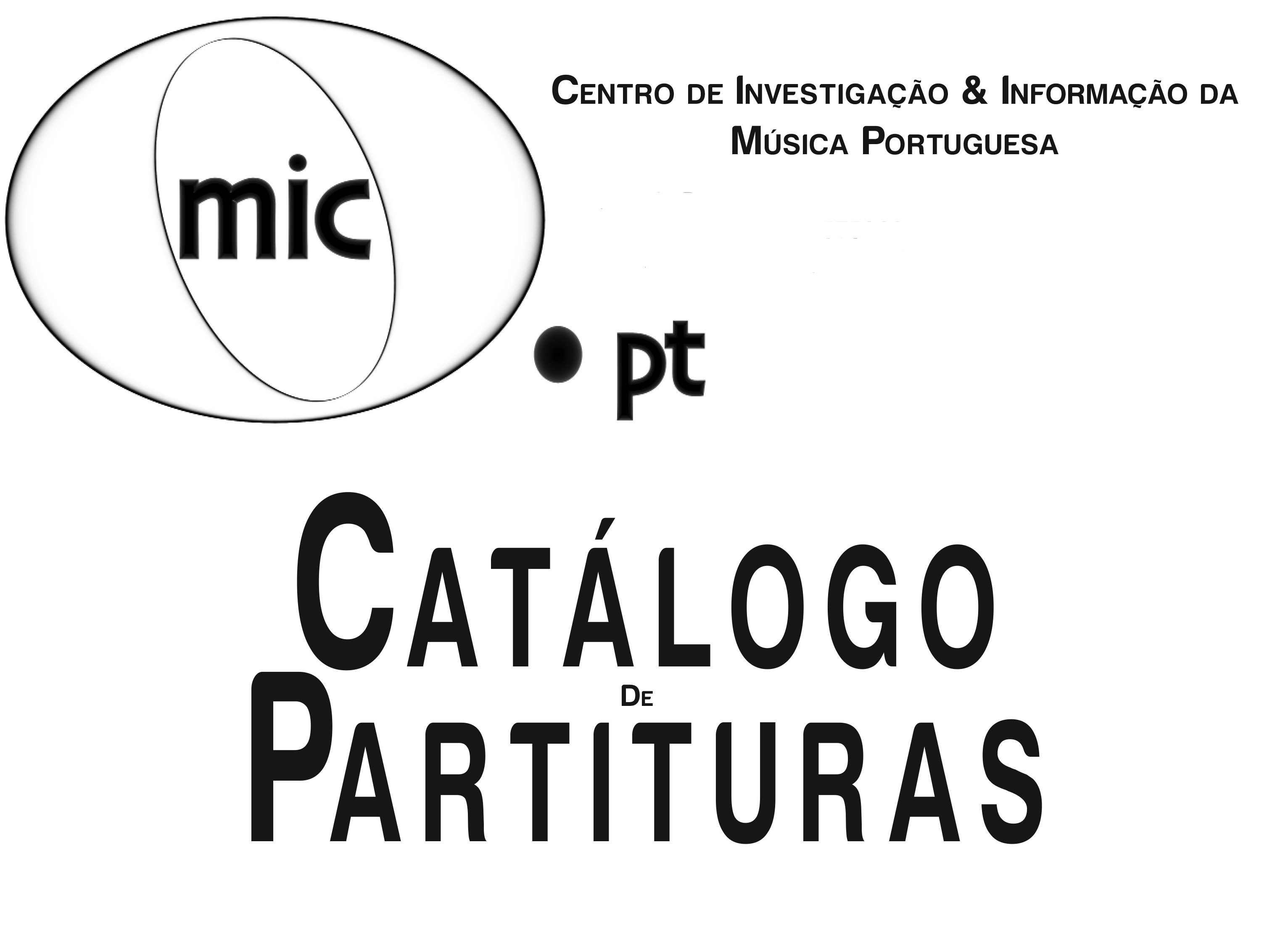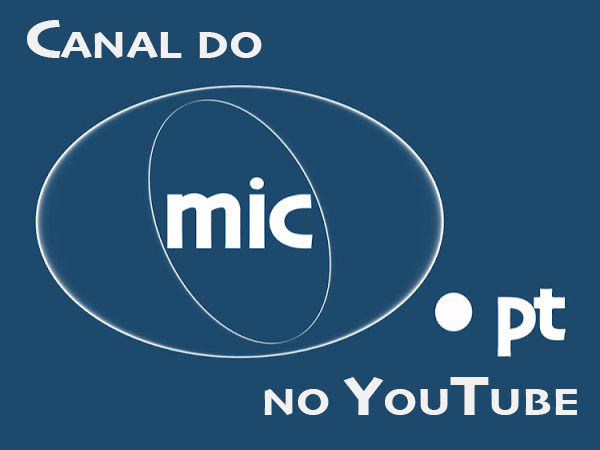Born in 1964 in Vila Real, pianist, composer, arranger and orchestra director, Carlos Azevedo “moves” with equal ease in the universes of classical contemporary music and jazz, writing for the most varied formations from solo instruments to orchestra. He graduated from the superior courses in Piano and Composition at the Conservatoire of Music in Porto and completed the Master’s Degree in Composition at the University of Sheffield in the United Kingdom, where he is presently realizing his Doctorate. His interest towards jazz arose during the years at the Conservatoire, always learning as an autodidact, and ultimately launching the Porto School of Jazz, as piano professor in the mid-80s. Since then, together with his teaching activity within composition, analysis and orchestration, he has developed a career as jazz musician, leading his trio, writing arrangements and collaborating as pianist in various projects.
Carlos Azevedo is an important protagonist of the Portuguese jazz movement. In 2001 he created the first Licentiate Degree course in Jazz in Portugal, at the Superior School of Music, Arts and Performance in Porto and since 1999 he has been sharing, with Pedro Guedes, the musical direction of the Matosinhos Jazz Orchestra (OJM)[1]. As performer he has developed his work in the domain of jazz since the age of 25. Endowed with an excellent piano technique, he participates regularly in concerts and festivals, dedicating himself increasingly to composition and arrangements within a style approaching Maria Schneider and Vince Mendoza[2]. His suite Lenda for decatet was presented at the Jazz Festivals in Porto (1999), Nantes (2000) and Guimarães (2001), having given origin to the first CD album released under his own name. Most of his compositions and arrangements in the field of jazz have been written for the Matosinhos Jazz Orchestra, but he also receives commissions from other groups. Carlos Azevedo collaborates with the chief Portuguese musicians and various foreign artists, as Bill Goodwin, Jerome Richardson and Andrzej Olejniczak, among others. He is also responsible for the jazz and string orchestra arrangements for the concert in homage to George Gershwin, directed by Laurent Filipe during the Expo ’98 in Lisbon.
In the field of composition the Carlos Azevedo’s writing always transmits the aesthetic characteristics of the two worlds – jazz and contemporary classical music. In this context one should emphasize some of his works, which have been commonly performed, such as Drumming the Hard Way (2003) for percussion septet and Poema (2007) for nine musicians. Many of his works have been released on CD for example Nem Sempre o Mar é Azul (1999) for string orchestra (Póvoa de Varzim Symphony Orchestra / Osvaldo Ferreira, ed. Numérica), Jazzi Metal (1998) for brass quintet (Royal Scottish Academy Brass / John Wallace, ed. Deux-Elles) and Sunflower (2003) for saxophone quartet (Apollo Saxophone Quartet, ed. Quartz), among others. Among his more recent works one should highlight 5 Movimentos Sobre o Mar (2006) for string quartet and piano, Verazin (2009) for string quartet and Crossfade (2010) for symphony orchestra, jazz orchestra and soloist[3], as well as Tempo de Outono (2013) for clarinet and piano, premiered by the Sond’Ar-te Electric Ensemble Soloists during the Música Viva 2013 Festival in Lisbon.
The 2012 brought the premiere of Carlos Azevedo’s opera Mumadona, with a libretto by Carlos Tê, commissioned by Guimarães – European Capital of Culture. In the interview conducted by Manuela Paraíso for Jornal de Letras, Carlos Azevedo describes this work in the following way: “The opera has a very rash discourse, not many arias, some recitatives, with many spoken parts, like a theatre piece, with successive and short interventions… (…). I often say that for this opera I gave everything that I know… 99,9% of it is influenced by my classical education evidencing my style of writing, which always transports elements from the both worlds. There is, however, an inevitably jazz moment, which could have been written for a big band… (…). The music of Mumadona possesses everything: modal, poly-modal, neo-tonal, neo-modal or even almost atonal languages… as well as various minimalist aspects. Nevertheless I tried to integrate these elements in a unique style, which is not perceived as an amalgam of fusions. This was a difficult, yet necessary approach. Since the beginning I have understood that with this libretto it would be impossible to use a unique language, under the risk of not serving the text.”[4]
On the occasion of Carlos Azevedo’s 50th anniversary, which we celebrate in December this year, the November In Focus section presents a Questionnaire / Interview to this pianist, composer, arranger and jazzman.
Questionnaire / Interview
How did music begin for you? Where do you identify your music roots? Which paths led you to composition?
Carlos Azevedo: For me music started very early, more or less at the age of four. My father was music student at the Conservatoire in Porto, so I grew up surrounded by vinyl records and the piano, which we had at home.
Which moments from your music education do you find the most important?
CA: Actually there were two moments: the first one was the Composition Course, which started at the Conservatoire and ended at the Superior School of Music in Porto. The second one was the Master’s Degree in Composition in the United Kingdom. And as the third, less formal moment, I would like to emphasize my attendance at the Contemporary Music Meetings at the Gulbenkian Foundation in the 1980s and 1990s. They allowed me to get to know a lot of music and to find myself in proximity to great composers of our time.
What kind of references do you assume in your compositional practice? Which works from the history of music and the present do you find the most influential?
CA: This question is very difficult to respond, especially for me, as I also “live” in the area of jazz, so the spectrum of choice is immense…
I remember that when I was a young boy the first composers that made me want to be a musician were Ludwig van Beethoven and Johann Sebastian Bach. I used to be completely fanatical about these two. Later, the discovery of the Rite of Spring was yet another marvellous revelation.
After these two first references it would be difficult and unfair to highlight anybody else.
The dichotomy “occupation – vocation” can define the artistic / professional approach of a composer. Where on the scale between the emotional (inspiration and vocation) and the pragmatic / rational (calculation and occupation), can you identify your manner of working and your stance as composer?
CA: Obviously in the pragmatic. Generally I hope the vocation (inspiration) to remain in the background, secretly conducting the whole process.
Could you describe the process behind your compositional practice? Do you write starting from an embryo-idea or after having structured a more global form of music?
CA: Both practices are important and I resort to them in a very conscious manner. I cannot imagine one without the other.
Music, due to its nature, is essentially incapable of expressing anything – emotion, mental attitude, psychological disposition or any natural phenomenon. What music expresses is only an illusion or metaphor, and not reality. Do you agree or disagree with this statement? In this context how could you define your aesthetic stance?
CA: In my case, composing is not an act of expressing anything. The idea of developing an act of composition as a form of communicating emotions remains completely outside my creative process.
Is there any influence of non-western cultures on your music?
CA: I don’t think so, at least not in a conscious way.
What is your relation with the new technologies and how do they influence your way of composing and your music language?
CA: My relation with the new technologies is the best possible. I acknowledge everything that enables the process of musical recording, the contact between fellow musicians and composers, contributing for the whole experience. And when it comes to technology influencing my manner of composing or my musical language, I confess that I don’t understand this phenomenon.
Which works do you consider turning points in your career as composer?
CA: I have tremendous difficulty in looking backwards and making retrospectives. When I finish one work, normally I am already involved in the next ones, so I don’t know if at any point I have made this exercise of evaluating the past.
What do you think of the present situation in Portuguese music?
CA: I think that Portugal has given gigantic steps in the last 30 years, but unfortunately neither the society, nor the political power are capable of elevating this evolution to levels of excellency.
How could you define the composer’s role nowadays in the globalized world?
CA: The world of music has always been “globalized”. Composers and influences have always been the protagonists of migration, as well as central vehicles within the transmission of culture. In this sense music has never had borders.
According to your experience what are the differences between the music environment in Portugal and in the other parts of the world?
CA: Very briefly, the main difference between the musical environment in Portugal and in other parts of Europe (that I know), concerns the form, in which our governors consider culture – something superfluous where, unfortunately, one needs to spend some money in order to be politically and socially correct. I am not able to distinguish Portuguese music from the rest of the international panorama. Yet I do recognize, more and more, musical creation within a personal style that every composer develops, where the frontiers become more and more blurred.
How could you describe the situation of composer nowadays in Portugal and in Europe?
CA: I am not sure if I understand correctly the sense of this question, but when I think of different forms of creation / composition nowadays, there is one word, which comes to my mind: eclecticism.
How do you see the future of art music?
CA: As a constant adventure that never fails to surprise us.
---
1 From Carlos Azevedo’s biographic note on the official website of the Matosinhos Jazz Orchestra; English translation: Jakub Szczypa
2 Manuel Jorge Veloso, Azevedo, Carlos in: Enciclopédia da Música em Portugal no Século XX, directed by Salwa Castelo-Branco Lisbon 2010, p. 89; English translation: Jakub Szczypa
3 From Carlos Azevedo’s biographic note on the official website of the Matosinhos Jazz Orchestra; English translation: Jakub Szczypa
4 Carlos Azevedo: Uma ópera vimaranense, interview to the composer by Manuela Paraíso in: JL – Jornal de Letras Artes e Ideias, December 13, 2012; English translation: Jakub Szczypa
November 2014
© MIC.PT





